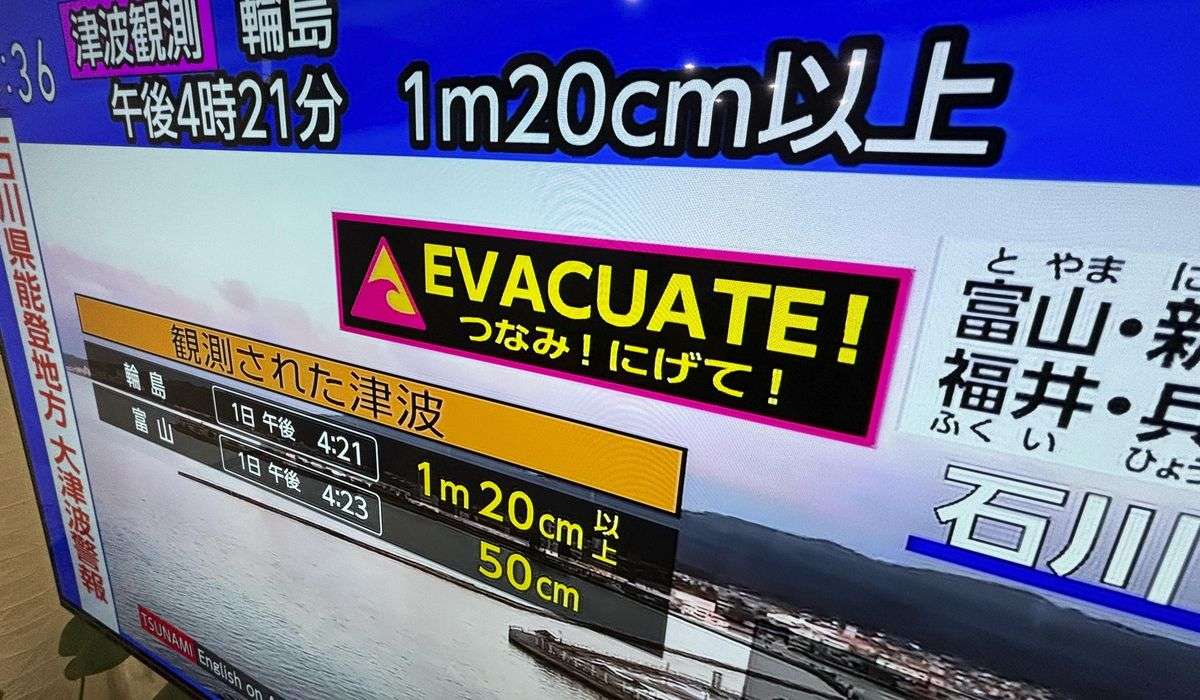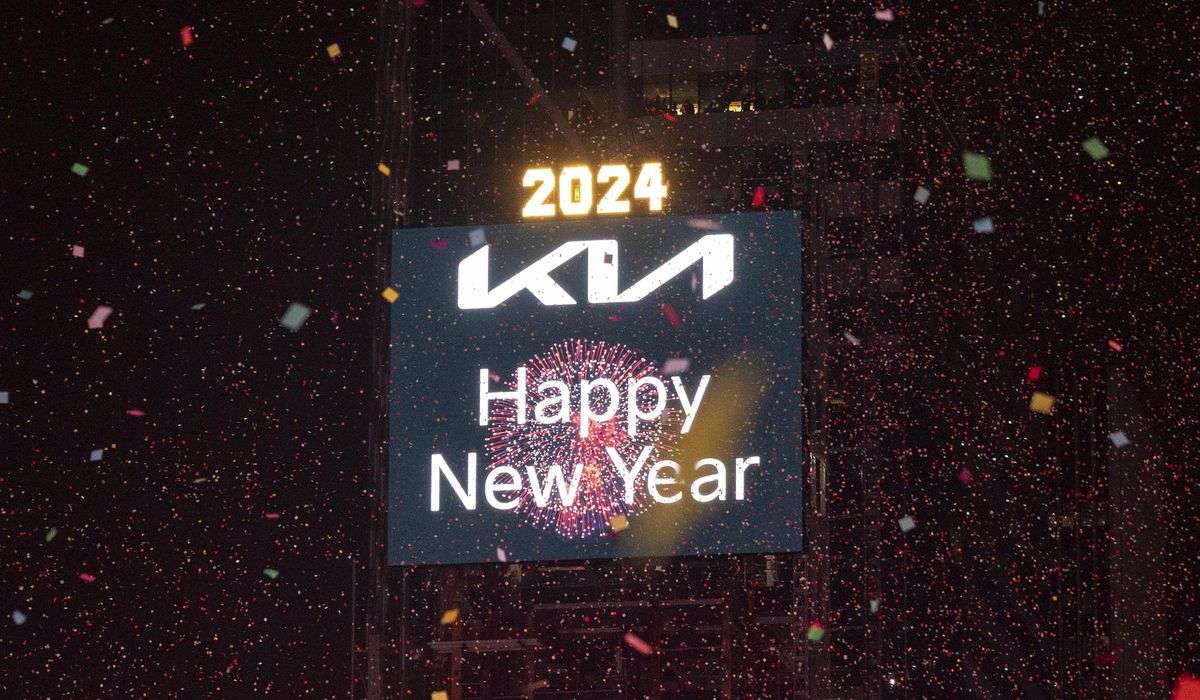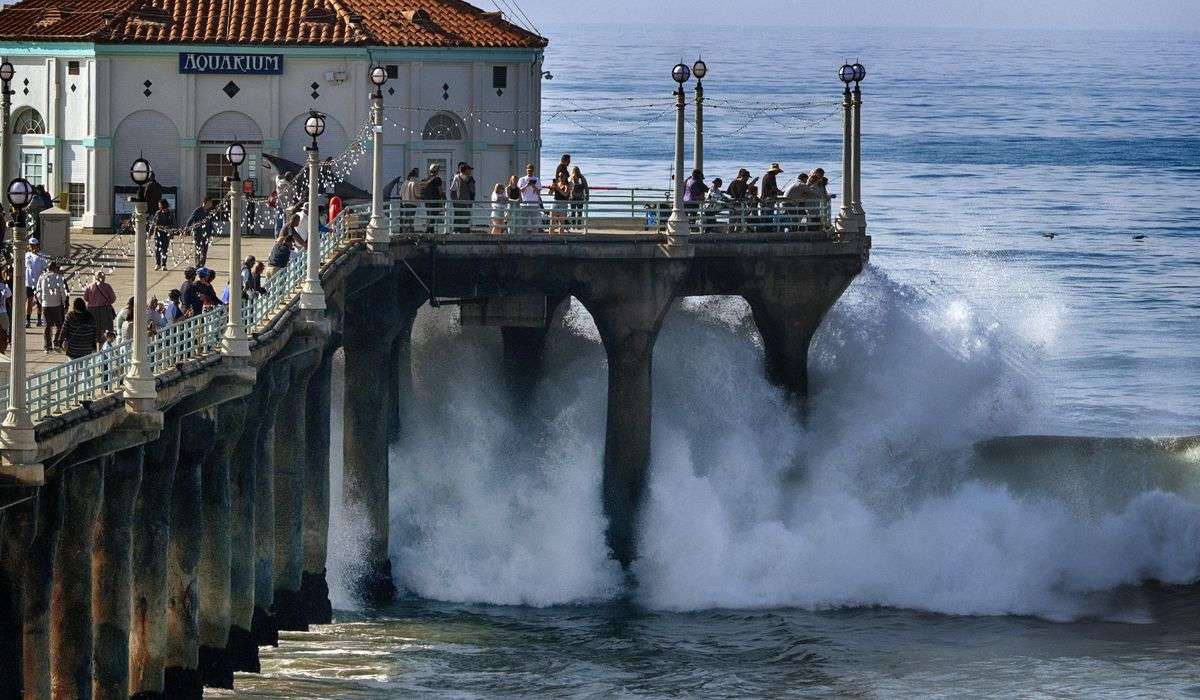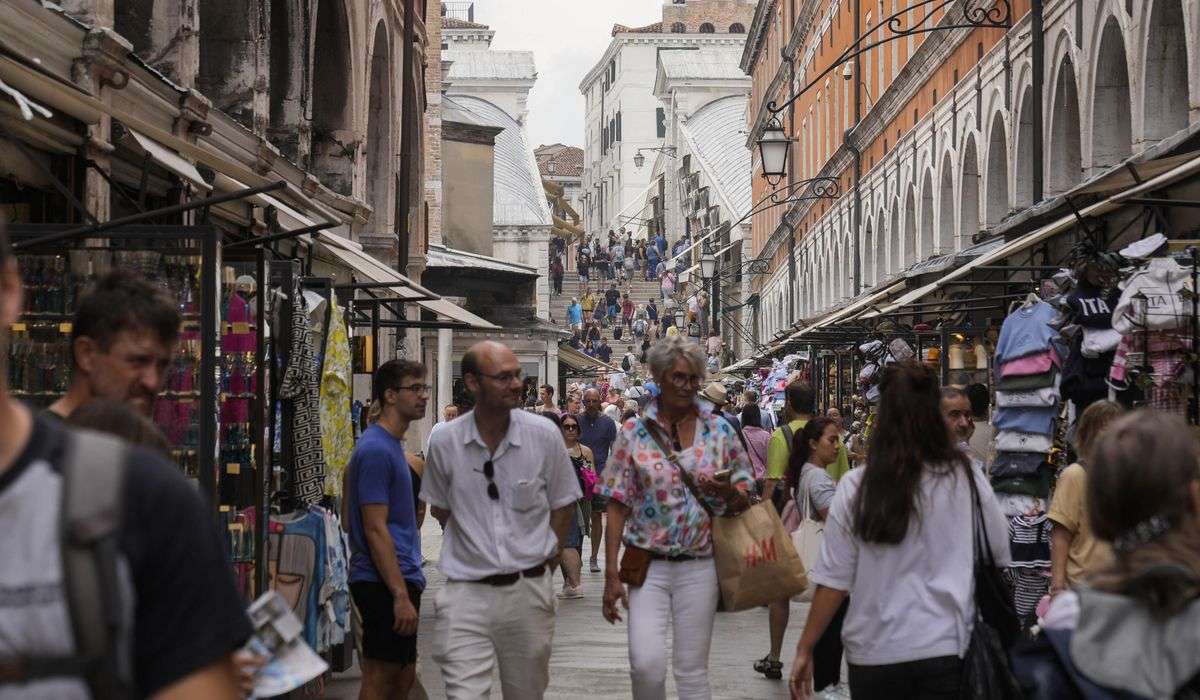Why do travelers still fall for drip pricing?

Taylor should know better. He runs a Suffolk, England, legal services company that specializes in creating clearly worded “gotcha-free” contracts. But he says he doesn’t want to go through the trouble of finding a more honest price.
Travel sites are drip pricing when they advertise a low price and then add mandatory charges and taxes after the booking is underway. Drip pricing typically raises the final cost of a purchase by 20 percent or more.
The practice is becoming familiar because of hotel resort fees, which are added after the initial price quote but before the stay is booked. These extra charges, widely reviled by travelers, are a significant source of hotel revenue and the subject of proposed congressional legislation and lawsuits by two state attorneys general.
“Companies do it for a reason,” says Jeffrey Galak, associate professor of marketing at Carnegie Mellon University’s Tepper School of Business. “It works.”
Why? It turns out that people are hard-wired to fall for drip pricing. But there are ways of short-circuiting that instinct when you book travel.
Experts say travel companies use low base prices to grab your attention online. Consumers often use online sites that let them make comparisons, such as Kayak.com. Price is the top search criterion on those sites, so it’s in the airline’s or hotel’s best interest to offer the lowest rate — at least initially.
The rate is what psychologists call an “anchor.” “It’s a conceptual foundation to which all subsequent prices will be compared,” says Jennifer Talarico, a psychology professor at Lafayette College in Easton, Pa. Most subsequent increases are seen in relation to that initial price.
“Most folks will think it’s only a little bit more than what they’ve already internally committed to paying,” she says.
If you draw travelers in with a low price, they may develop a psychological attachment to the fare or rate, experts say.
“They get excited about the offer,” says Abir Syed, an accountant from Montreal, who has fallen for drip pricing and seen the effects of aggressive pricing on a company’s bottom line. “They might start researching a beautiful hotel that seemed like it was in their budget, and they’ll begin picturing themselves at the wonderful resort and think about how much fun they’ll have.”
When they get to the final price, they have a bias to book the stay. After all, they can already picture themselves at the hotel.
It gets more complicated when other parties are involved in the decision. If you’ve told your wife, husband or parents that you’re going to stay at a resort — and they’ve started to get excited about it — how do you tell them that you’re not going?
Answer: You don’t. You make another calculation. What’s more disagreeable: the 20 or 30 percent markup or the grief you’ll get when you break the bad news to them?
It’s also a hassle to abandon the booking and start again. Travel companies know that. In fact, they’re counting on you just wanting to finish the reservation and be done with it.
Playing up the scarcity or urgency around the sale can also motivate consumers to buy. You see it on websites that say things like, “Only three rooms left for your dates.” An especially blatant example is the use of a countdown timer by some sites to tell you how long you have until the “deal” expires.
Finally, drip pricing works because people have stopped complaining about it. Jim Jachimiak, a hotel sales director from Toledo, says a manager at a resort hotel he worked for said it best — something like this: “We could raise our resort fee and risk the feedback from the few to collect the money from the many.”
All of which brings us to this question: What will it take to change this dishonest sales practice? Abandoning a booking when you see drip pricing would be a good start. You can also avoid the worst areas for drip pricing — Las Vegas casino hotels and resort hotels in Orlando and Miami are among them.
Ultimately, though, drip pricing requires stricter government regulation. In Australia, for example, businesses have to disclose the full price at the beginning of the purchase. Consumers can report violations to the Australian Competition and Consumer Commission, which can take enforcement action.
The U.S. Federal Trade Commission may be able to require an inclusive price the way Australia does. Until it does, drip pricing will get worse until we are all soaked.
Elliott is a consumer advocate, journalist and co-founder of the advocacy group Travelers United. Email him at chris@elliott.org.






